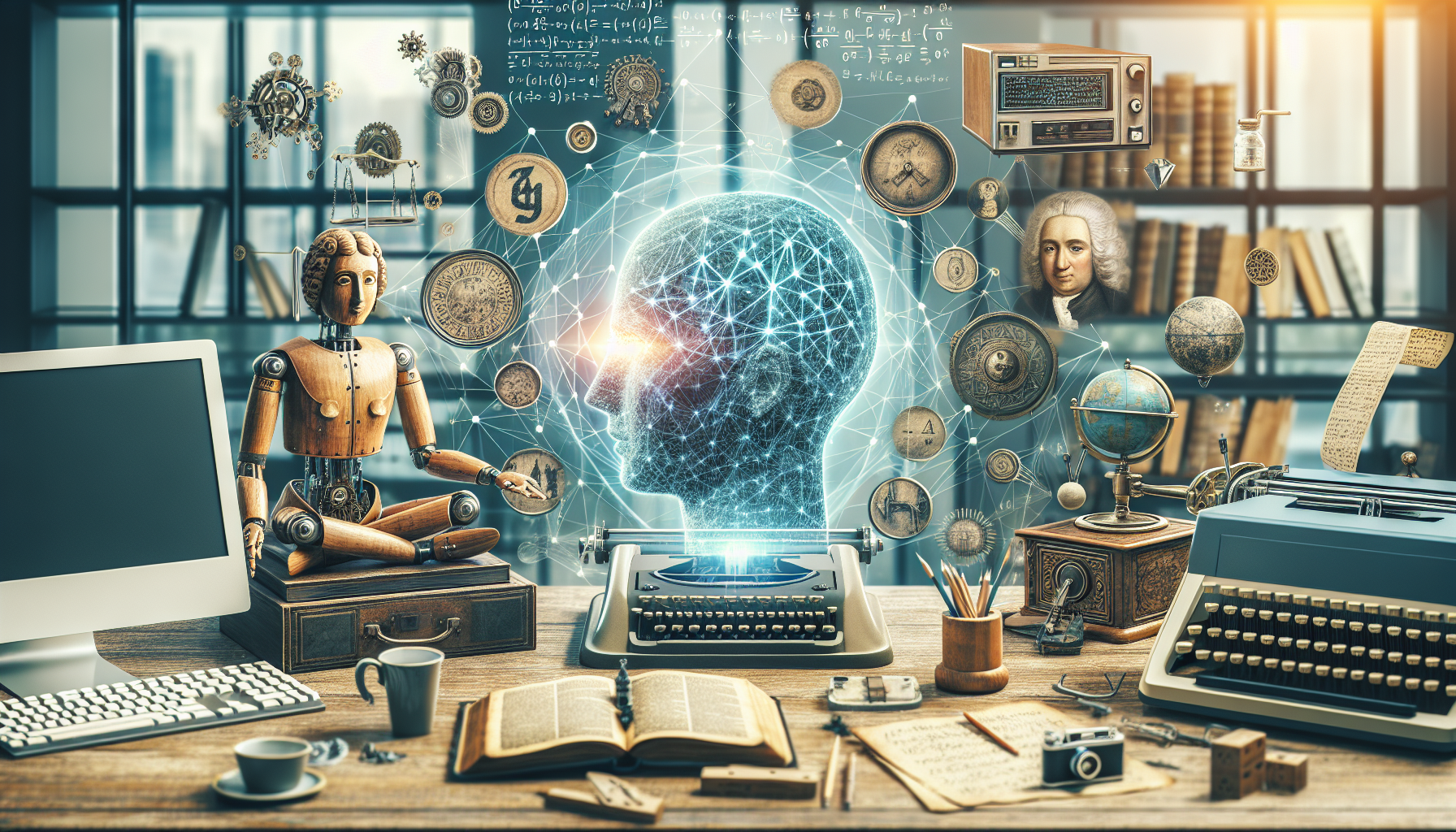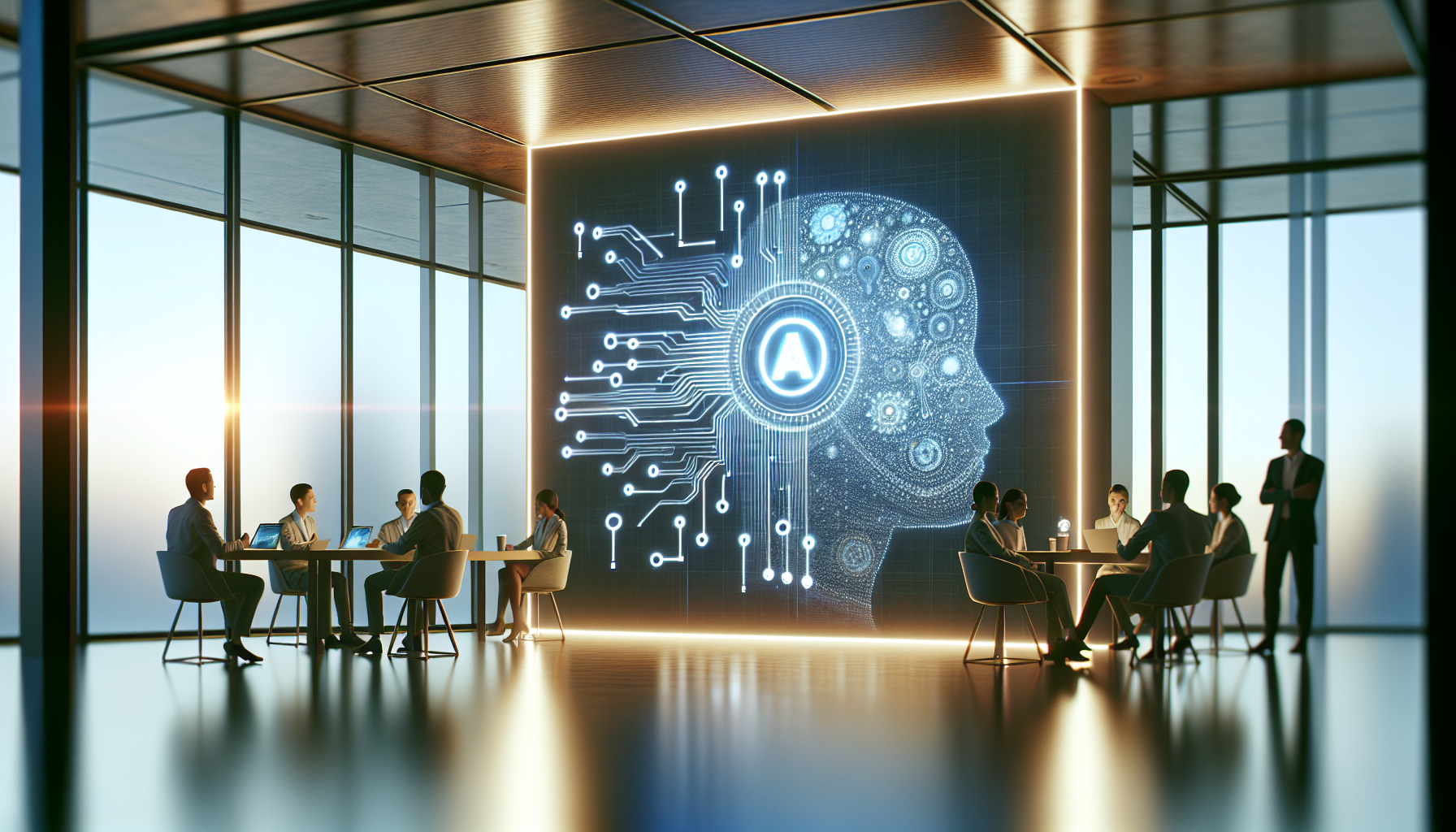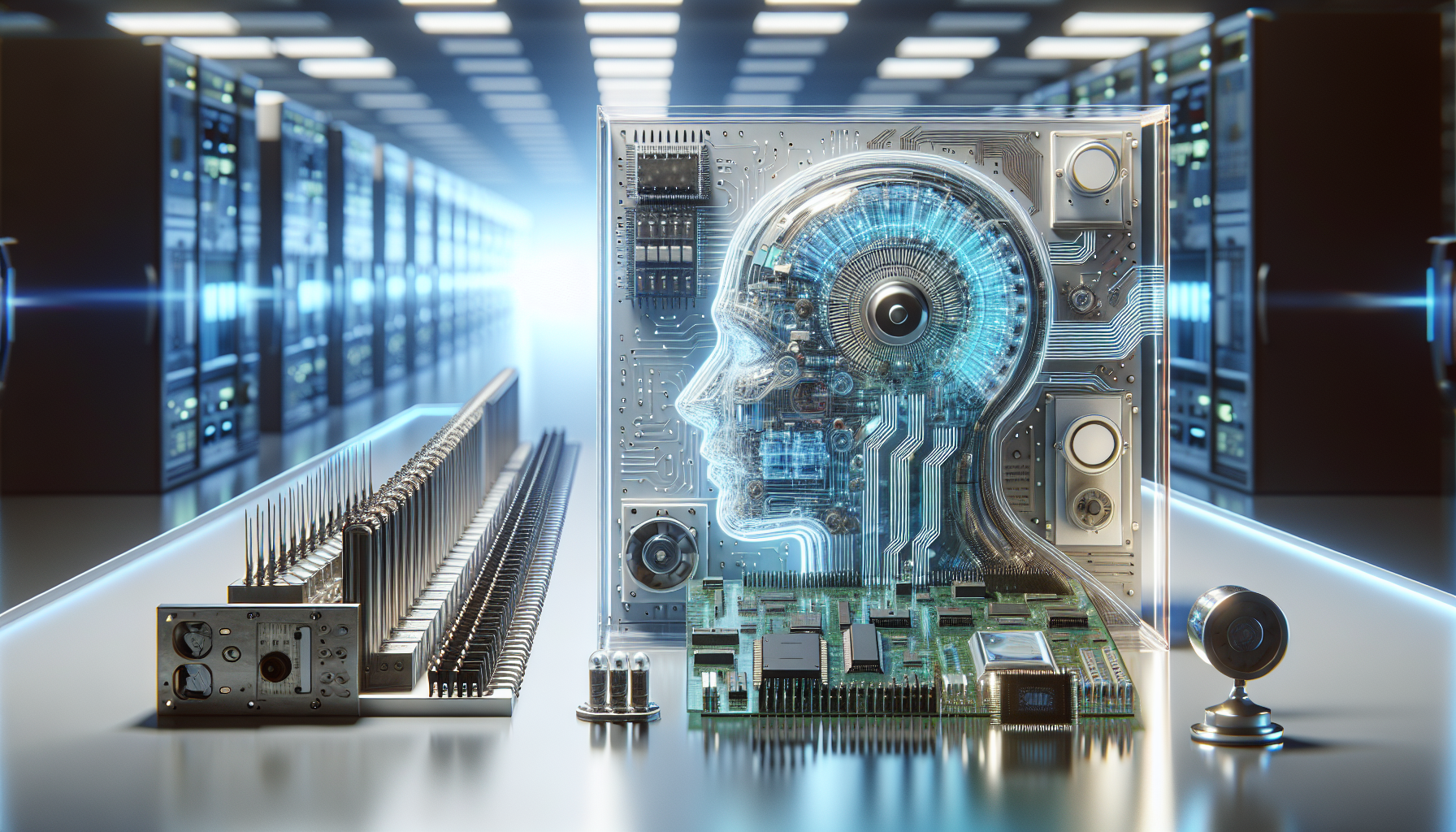
Smart Homes and AI: A Historical Perspective on Enhancing Everyday Living
September 18, 2025
Artificial intelligence has made significant strides in revolutionizing smart homes, a concept once relegated to the realm of science fiction. The fusion of AI with home automation systems has evolved over decades, transforming the way we interact with our living spaces. This article delves into the historical progression of AI in smart homes, shedding light on the technical advancements that have redefined everyday living.
The concept of a "smart home" traces its roots back to the early adoption of home automation technologies. Originally, these systems were rudimentary, often relying on simple timers and manually programmed routines. The introduction of microcontrollers marked a pivotal shift, enabling more sophisticated operations. However, it was the advent of AI that truly expanded the capabilities of smart home systems, introducing a level of intelligence that could adapt to user behaviors and preferences.
One of the earliest applications of AI in smart homes was in the development of intelligent lighting systems. These systems utilized machine learning algorithms to analyze user habits, adjusting lighting patterns accordingly. The integration of AI allowed for dynamic responses to environmental changes, such as time of day or occupancy, rather than relying solely on pre-set schedules. This not only enhanced convenience but also improved energy efficiency.
Security systems in smart homes have also benefited remarkably from AI technology. Traditional security setups were often reactive, alerting homeowners only after a potential breach. In contrast, AI-powered systems employ predictive analytics to assess risks and identify unusual patterns of activity. This proactive approach significantly reduces response times and enhances overall security, providing a robust safeguard for residents.
AI’s role in managing home energy consumption demonstrates another critical area of advancement. By leveraging data from various sensors, AI systems can optimize heating, ventilation, and air conditioning (HVAC) operations. These systems learn from user behavior and environmental conditions to maintain optimal comfort while minimizing energy use. The historical progression from basic thermostats to AI-augmented climate control illustrates the potential for significant energy savings and environmental benefits.
Voice recognition technology, a cornerstone of modern smart homes, owes much of its sophistication to AI-driven improvements. Early voice-activated systems were limited by their inability to understand natural language processing fully. Over time, advancements in neural networks and deep learning have enabled more nuanced interactions, allowing users to control their homes with simple conversational commands. This seamless communication represents a leap forward in user experience, bridging the gap between technology and human interaction.
The integration of AI in smart kitchen appliances further exemplifies the transformative impact on daily life. Intelligent refrigerators, for instance, can now monitor food inventory, suggest recipes based on available ingredients, and even order groceries autonomously. This evolution from basic automated devices to AI-enhanced systems underscores the role of artificial intelligence in creating more responsive and intuitive household environments.
However, the journey of AI in smart homes is not without its challenges. Privacy and security concerns have emerged as significant issues, with the increased connectivity of devices posing potential vulnerabilities. Ensuring data integrity and safeguarding against unauthorized access are critical considerations that continue to shape the development of AI technologies in this domain.
Looking ahead, the potential for AI to further enhance smart homes is vast. Innovations such as edge computing and the Internet of Things (IoT) are poised to drive the next wave of advancements, enabling even more sophisticated interactions and greater autonomy. The historical trajectory of AI in smart homes suggests a future where living spaces are not only more efficient and secure but also increasingly personalized and adaptive to the needs of their inhabitants.
As we reflect on the journey of AI in smart homes, it is worth considering what the next frontier holds. How will emerging technologies further integrate into our daily lives, and what new possibilities will they unlock? The ongoing dialogue between human ingenuity and technological innovation continues to redefine the boundaries of what is possible, inviting us to imagine a future where our homes are not just smarter but truly intelligent companions.


